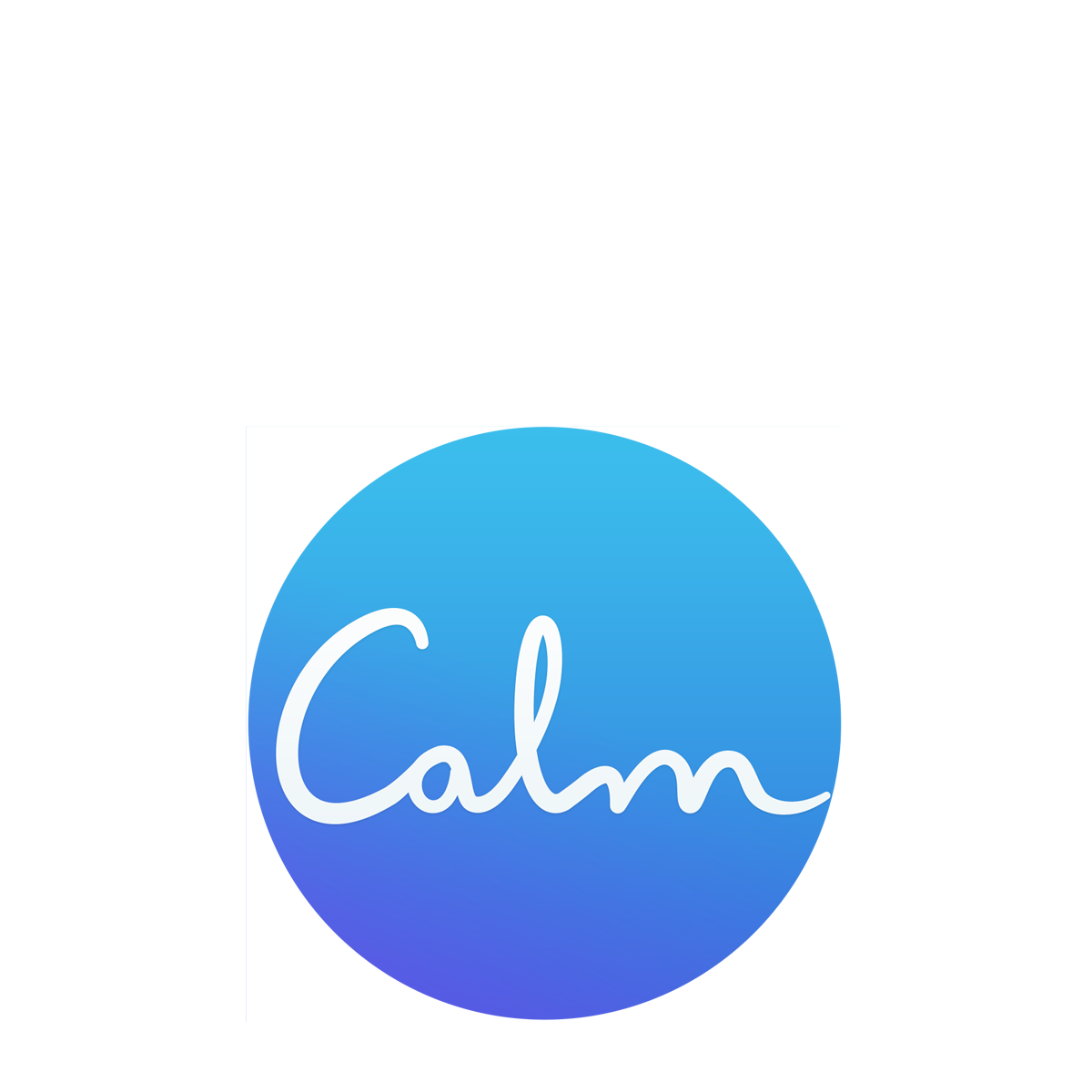7 physical effects of stress and how to manage them
Learn about the types of stress, its symptoms, physical side effects and what stress feels like in body and mind. Plus, 13 tips to help you manage and prevent stress.
Stress is a physical and emotional response that our bodies go through when faced with challenging situations, and it’s something everyone experiences at some point in their lives. Whether it's a tight deadline at work, a major life change, or daily hassles, stress can cause numerous physical symptoms. Understanding stress, its physical effects, and how it can influence us can help us reduce and manage it.
What is stress?
Stress is a natural reaction to challenges or difficult situations. When you're stressed, your body releases hormones like adrenaline and cortisol. These hormones can be useful in short bursts—they increase your heartbeat, send more blood to your muscles, and boost energy—as your body prepares you to face the challenge or to run away from it.
This fight or flight response can be helpful at times, like when it gives you the push to meet a deadline or helps you stay focused during an important task. However, stress can sometimes stick around longer than needed, which can impact your health. Chronic stress, the kind that doesn't go away quickly, can lead to health issues like feeling tired all the time, headaches, burnout, and a lowered immune system, making it harder for your body to fight off illnesses.
Fortunately, with the right strategies and support, you can learn to handle stress.
7 physical effects of stress
Raised stress levels can have a noticeable impact on our bodies. Looking out for these physical effects of stress can help you recognize when you’re under too much pressure.
Muscle and headaches: When we're stressed, our muscles can tense up. This muscle tension, especially in the neck, shoulders, and back, can be tiring and painful, leading to discomfort and headaches.
Chest pain and accelerated heart rate: Stress can make your heart work harder. If this leads to chest pain or discomfort, get checked by a doctor as it can be a sign of more serious conditions.
Breathing problems: Your breathing may become faster and shallower as your body tries to quickly distribute oxygen to your organs and muscles. For some people, this can feel like they're not getting enough air, leading to feelings of panic or breathlessness.
Stomach and digestive problems: Stress can affect your digestive system, bringing symptoms like stomach aches, nausea, or diarrhea. This happens because stress can change how your body processes food and nutrients, and can affect the muscles in your digestive tract.
Sleep issues: Stress can make it hard to fall asleep or stay asleep. A racing mind or a body that's still alert can prevent you from getting the restful sleep you need. In turn, lack of sleep can make stress feel even more overwhelming.
Skin reactions: You might experience skin problems like rashes, hives, or acne when stressed. This is because stress can affect your immune system and how your body reacts to bacteria and inflammation.
Weakened immune system: Chronic stress can weaken your immune system over time, making you more susceptible to colds and other infections. When your body’s constantly producing stress hormones, it can interfere with its ability to fight off illnesses.
7 emotional and mental symptoms of stress
In addition to its physical effects, stress can significantly impact your emotional and mental wellbeing. The symptoms of stress are a normal response, so be kind to yourself during tough times.
Panic attacks: Stress can sometimes lead to sudden and intense feelings of fear or discomfort, known as panic attacks. This stress response might include a rapid heartbeat, sweating, trembling, or a sense of impending doom.
Memory issues: High stress levels can disrupt the normal functioning of brain areas involved in memory and focus, affecting your ability to concentrate and remember things.
Increased anxiety: Stress often leads to heightened feelings of worry or fear. Even everyday situations might start to feel overwhelming or unmanageable.
Less control over emotions: When you're under a lot of stress, you might find that your emotions are harder to control. You may experience mood swings, feel irritable, or become upset more easily.
Feeling overwhelmed: When faced with too many demands or challenges, you might feel unable to cope or find solutions.
Social withdrawal: High levels of stress can make social interactions feel draining or unappealing. You might find yourself pulling away from friends and family, preferring to be alone. While some alone time can be beneficial, too much isolation can worsen stress.
Changes in appetite: Stress can also lead to changes in eating habits. Some people might eat more than usual, while others might lose their appetite.
The 4 main types of stress
Stress comes in various forms, each with its characteristics and effects on our health and wellbeing. Understanding these different types of stress can help you identify what you're experiencing and find stress management strategies.
Acute stress
The most common form of stress, acute stress, comes from demands and pressures of the recent past and anticipated demands and pressures of the near future. Acute stress is short-term and often caused by specific events or situations, like a deadline. It can be thrilling and exciting in small doses, but too much is exhausting.
Chronic stress
This type of stress wears you down over time, lasting for longer periods. Chronic stress comes when you can’t see a way out of seemingly unending demands and pressures. Without relief or relaxation, chronic stress can lead to serious health problems, like heart disease and depression. It might come from ongoing problems like a difficult job, a troubled marriage, or financial problems.
Episodic acute stress
Some people seem to experience acute stress frequently. This can make you short-tempered, irritable, or anxious, and can lead to high blood pressure and heart disease due to the constant high levels of stress hormones.
Eustress
Not all stress is bad. Eustress is positive stress that can keep you excited about life, bringing a sense of fulfillment and happiness. The anticipation of a roller-coaster ride, the thrill of a new challenge at work or the joy of an upcoming vacation are examples of eustress, and it can help you stay motivated, work toward goals, and feel good about life.
13 tips and tricks for stress management
Effectively managing stress is key to maintaining both your physical and mental health. Incorporating these stress management tips into your daily routine can help you improve your overall wellbeing.
1. Exercise regularly
Engage in physical activities like walking, jogging, swimming, or yoga. Regular exercise can reduce stress hormones and lift your mood naturally.
💙 Try our Walk Away Stress meditation series to find peace while walking.
2. Get enough sleep
Sleep is crucial for managing stress and giving your body time to heal itself overnight. Aim for 7–9 hours of quality sleep each night. Establish a relaxing bedtime routine to help you wind down and get better sleep.
💙 Ease into bedtime with the Evening Wind Down sequence, which is focused on gentle movement to prepare you for bed.
3. Eat nourishing food and stay hydrated
Choose a balanced diet rich in fruits, vegetables, lean protein, and whole grains. Proper nutrition can help combat the effects of stress on your body. Dehydration can cause stress on your body, too, so drink plenty of water throughout the day. If water isn’t your favorite, try flavoring it with fruit slices or water flavorings that don’t contain added sugar or artificial sweeteners and dye.
Limiting caffeine and alcohol intake can also help to relieve stress, as both caffeine and alcohol can make anxiety worse.
💙 Learn more about mindful eating and the power of food in our Benefits of Mindful Eating session with Tamara Levitt.
4. Practice relaxation techniques
Try deep breathing exercises, yoga, meditation, or progressive muscle relaxation to help calm your mind and reduce the physical symptoms of stress.
💙 Breathe into Relaxation with this short meditation to help you release the pressure of stress in your body and mind.
5. Set realistic goals
Break down large tasks into smaller, manageable steps. Setting achievable goals can help reduce feelings of being overwhelmed.
💙 Take goal-setting one step further by focusing on The ‘Why’ Behind Your Goals with Jay Shetty.
6. Take breaks
Give yourself regular short breaks during work or stressful activities. Even a few minutes of downtime can help clear your mind.
💙 Take two minutes to Shake Off Your Tension and soothe your stressed nervous system during the day.
7. Connect with others
Opening up to loved ones can feel scary, but it’s a necessary step toward self-care and managing stress. Sharing your feelings with friends or family can help you release tension and strengthen bonds with people closest to you.
💙 Help yourself Break the Stress Cycle with this short breathing exercise.
8. Learn to say no
Set boundaries and say no to additional responsibilities when you’re feeling stretched thin. Not only is saying no empowering (and necessary), but it leaves room for you to pursue what interests you and what brings you peace and joy.
💙 learn the importance of saying no to what causes you stress through setting Boundaries with your colleagues, friends, and family.
9. Practice mindfulness
Focus on the present moment with mindfulness exercises and meditation. Mindfulness can help you remain calm and cope with stress more effectively.
💙 If you’re new to mindfulness, we recommend Jeff Warren’s Mindfulness for Beginners series to introduce you to the stress-relieving power of a mindfulness practice.
10. Use stress management tools
Explore the Calm app for resources to help you with meditation, relaxation and sleep, all of which can help manage stress.
💙 Start with our 7 Days of Managing Stress series to learn the basics of stress management and how to navigate life during a high-stress situation.
11. Seek professional help
If stress becomes overwhelming, consider talking to a counselor or therapist to get tailored strategies for managing stress. Remember, there’s no shame in seeking support from a professional.
Physical effects of stress FAQs
Q: Why does stress cause physical symptoms?
Stress triggers a reaction in your body known as the "fight or flight" response. When you're stressed, your body releases hormones like adrenaline and cortisol which prepare your body to deal with the stressor, increasing your heart rate, tensing your muscles, and making you more alert. While these reactions are helpful in short bursts, long-term stress can lead to physical symptoms like headaches, muscle pain, stomach problems, and trouble sleeping. When your body is constantly in a heightened state of alert, it can be exhausting and taxing on your physical health.
Q: How to recover from stress?
Recovering from stress involves several steps.
Recognize the signs of stress in your body and mind.
Engage in activities that help you relax and unwind, like exercise, meditation, deep breathing exercises, or hobbies.
Rest and eat a balanced diet to support your body's recovery.
Explore the Calm app for helpful relaxation and stress management resources.
Seek support from friends, family, or professionals.
Q: How do I check my stress level?
To check your stress level, pay attention to your body and mind. Are you experiencing physical symptoms like headaches, muscle tension, or fatigue? Do you feel anxious, irritable, or overwhelmed? Keep track of these signs and how often you experience them. You can also use stress level questionnaires or apps that help monitor stress. Everyone experiences stress differently, so it's important to understand your unique stress signals.
Calm your mind. Change your life.
Mental health is hard. Getting support doesn't have to be. The Calm app puts the tools to feel better in your back pocket, with personalized content to manage stress and anxiety, get better sleep, and feel more present in your life.















